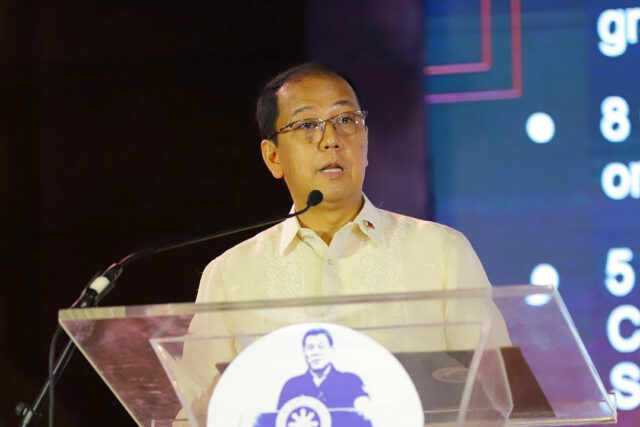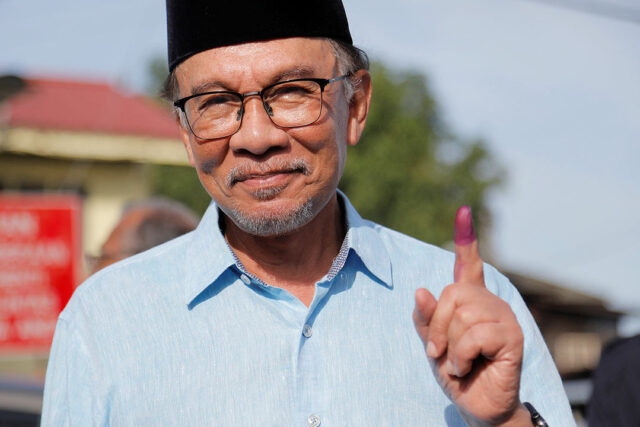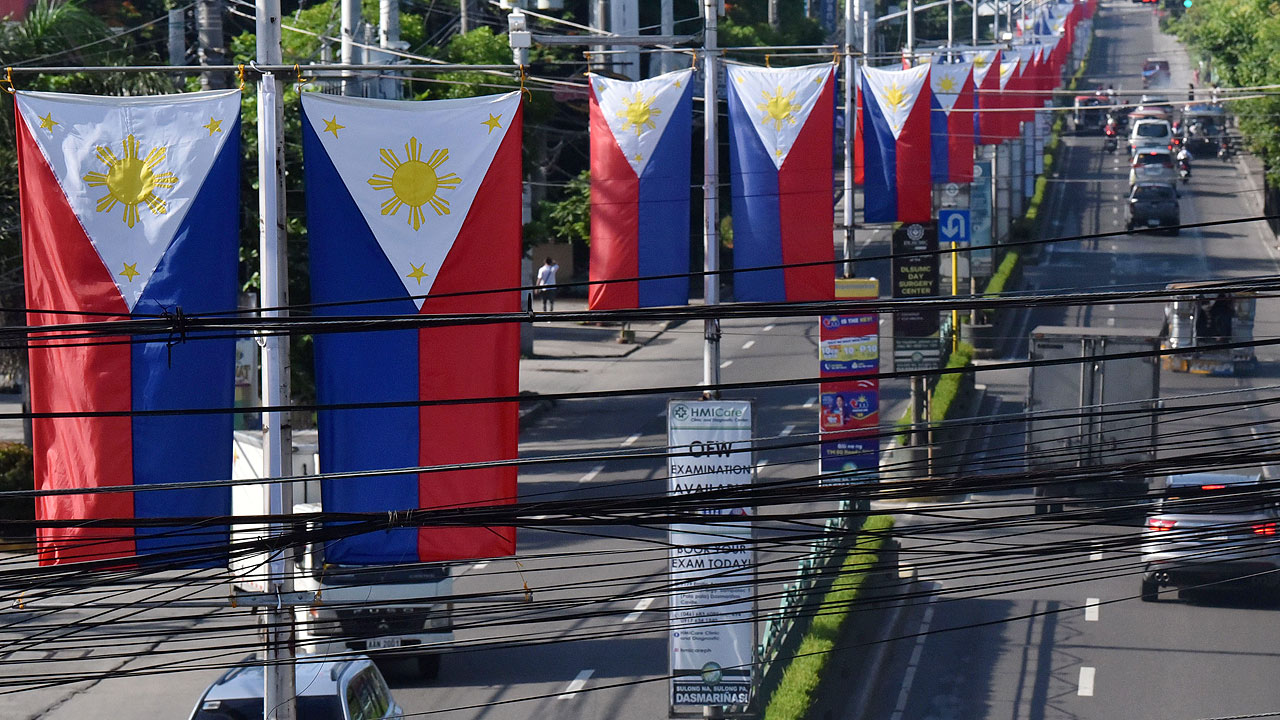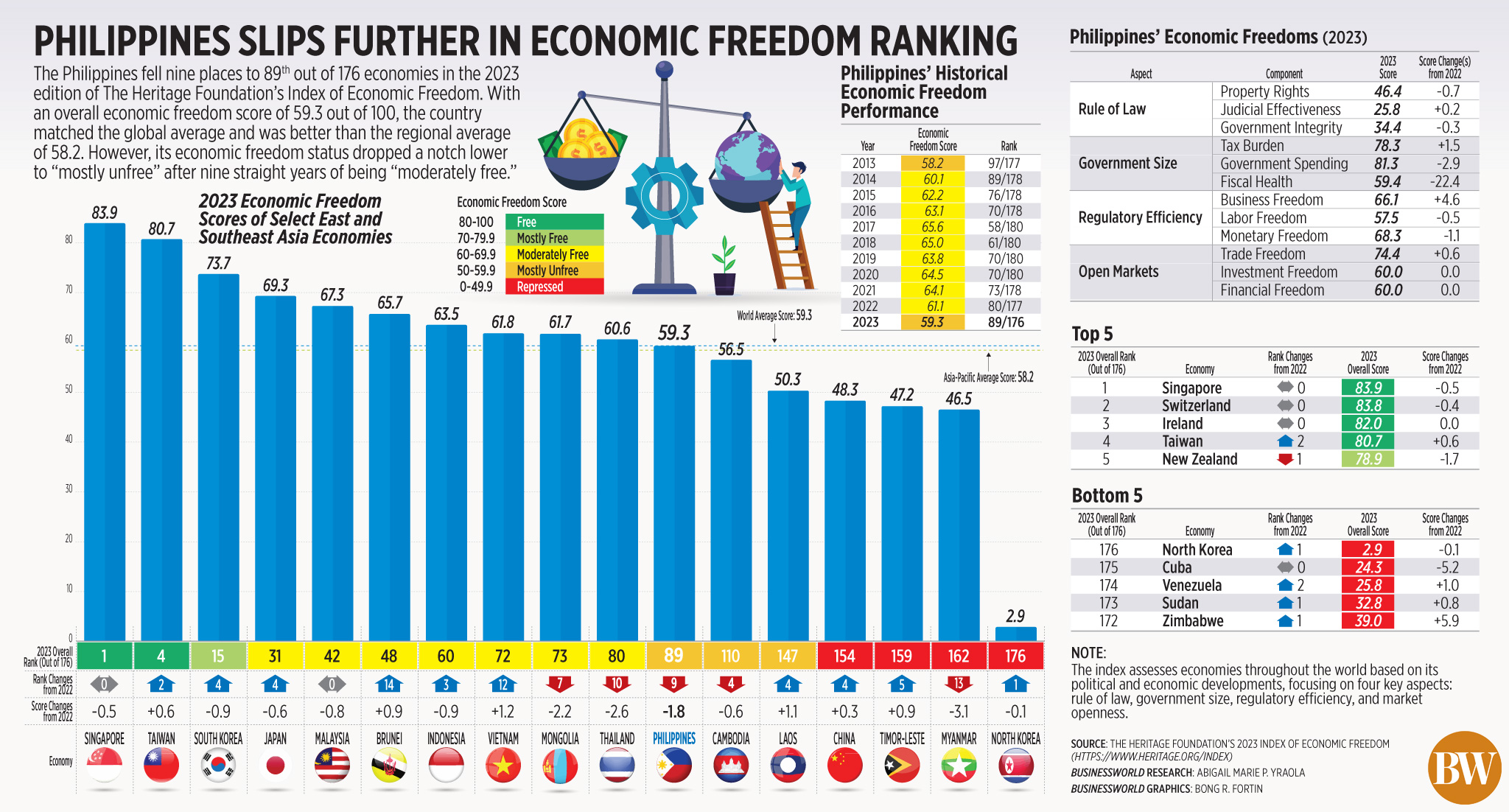AbotizPower sharpens safety skills in observance of Fire Prevention Month
In support of Fire Prevention Month this March, Aboitiz Power Corporation (AboitizPower) underscores the importance of mitigating fire hazards and risks in its workplaces and power plants for the safety of its most valuable asset: its team members.
“With our purpose of transforming energy for a better world, our decisions and strategies begin close to home — making a better world for our team members by ensuring first and foremost their safety while they work,” said Chief Corporate Services Officer Carlos Aboitiz.
AboitizPower will synergize its safety, health, and environment (SHE) offices to instill fire safety among its team members and within the places it operates in.
“There will be seminars and information campaigns to encourage best practices in fire prevention, not just in workspaces, but also in our respective homes and communities,” Aboitiz added.
AboitizPower is one with the country in its observance of Fire Prevention Month, especially since electrical safety and fire safety are linked. The Philippines observes Fire Prevention Month in March every year since it is when most fire incidents in the country occur. Faulty electrical connections are among the top causes of fire incidents, according to the Bureau of Fire Protection (BFP).
AboitizPower’s distribution utilities — Cotabato Light, Davao Light, Visayan Electric, and the Enerzone Group —, with over one million customers within its franchise areas, are leading the company’s on-the-ground support for Fire Prevention Month via information dissemination campaigns to its customers and collaborations with local government units (LGUs). The company’s power generation business also has regular initiatives related to fire safety.
Therma South, Inc. (TSI), which houses the country’s first coal dome, is set to participate in fire exit drills and Fire Prevention Month programs of the LGUs of Davao City and Sta. Cruz in Davao del Sur. These programs include the display and circulation of relevant material, motorcades, and speaking engagements with the local BFP. TSI, with its contractors, will also conduct fire safety and emergency preparedness awareness sessions.
Therma Power-Visayas, Inc. (TPVI) in Naga City will also be in constant coordination with its local BFP, involving partnerships for a fire drill and a fire safety training for team members. Previously, TPVI donated construction materials to BFP Naga for the rehabilitation of its facility that was affected by Typhoon Odette.
Similarly, Cebu Private Power Corporation (CPPC) will conduct a fire drill with BFP San Nicholas, which will also be complemented by team member training on fire prevention procedures. Earlier, CPPC also donated new hose fittings to the Fire Brigade of Barangay Ermita in Cebu City for the improvement of its fire truck and firefighting pump. In addition, CPPC also gave aircon units, a refrigerator, and a water dispenser to BFP-San Nicolas’ Fire Substation.
Meanwhile, East Asia Utilities Corporation (EAUC), located within the Mactan Export Processing Zone I in Lapu-Lapu City, Cebu, will also organize a fire drill and a fire safety training along with its local BFP. The latter will also be a recipient of a motorboat, courtesy of EAUC, which can be used for its coastal area emergency response.
Therma Mobile, Inc. (TMO) Navotas and Malabon will also conduct their respective fire drills, as well as participate in the annual BFP fire drill in their corresponding locality.
By the end of the month, Therma Marine Inc. in Maco, Davao de Oro, in a joint effort with BFP Maco, will also take part in the municipality’s first inter-barangay fire fighting competition as a participant and event sponsor.
“Fire safety is everyone’s responsibility. In AboitizPower, we are happy to partner with the BFP and other local fire brigades to spread awareness and education about fire prevention,” said AboitizPower President and Chief Executive Officer Emmanuel “Manny” Rubio.
“Whether it’s fire safety specifically or safety in general, this matter is a team effort, and it’s up to all of us — from the government, private sector, and community organizations — to do our part in preventing fires and protecting lives,” he added.
AboitizPower believes that transforming energy for a better world begins at the individual level. Propagating its best practices in safety out to society starts with its team members embracing safety as a mindset and culture.
10 years, the company will significantly expand its Cleanergy portfolio, in support of the government’s efforts to promote renewable energy in the country. AboitizPower will build an additional 3,700 MW of renewable energy, growing its existing Cleanergy capacity threefold by 2030.
Spotlight is BusinessWorld’s sponsored section that allows advertisers to amplify their brand and connect with BusinessWorld’s audience by enabling them to publish their stories directly on the BusinessWorld Web site. For more information, send an email to online@bworldonline.com.
Join us on Viber at https://bit.ly/3hv6bLA to get more updates and subscribe to BusinessWorld’s titles and get exclusive content through www.bworld-x.com.














